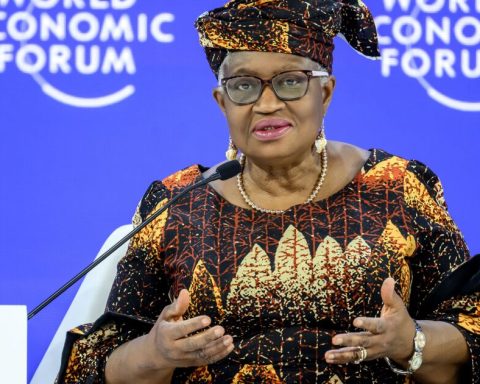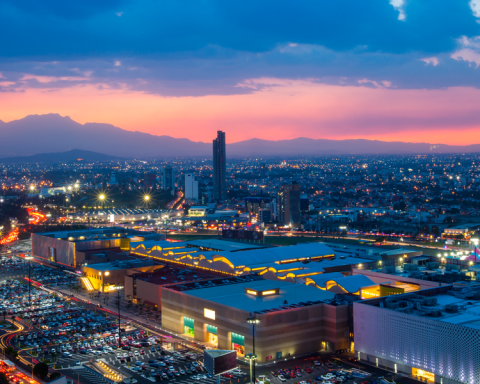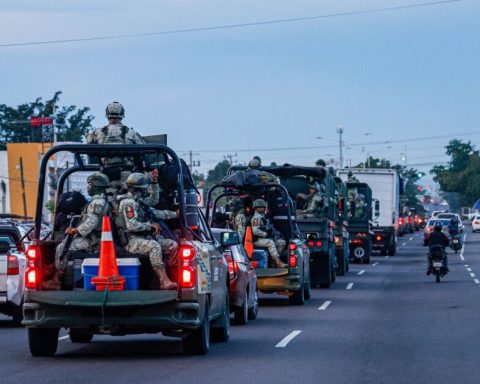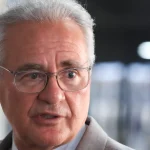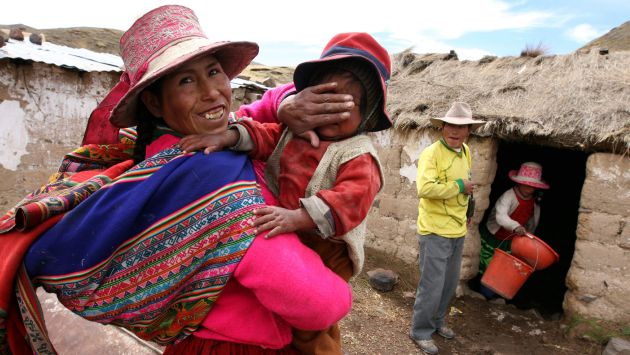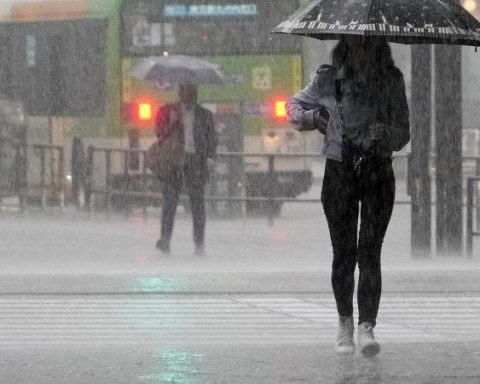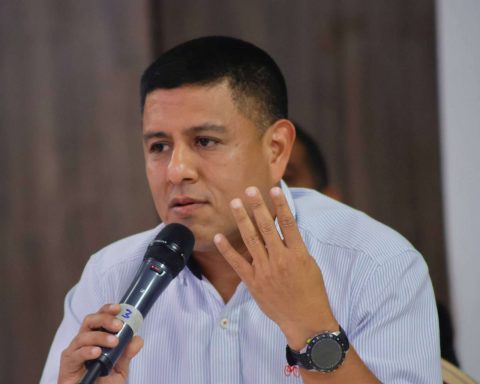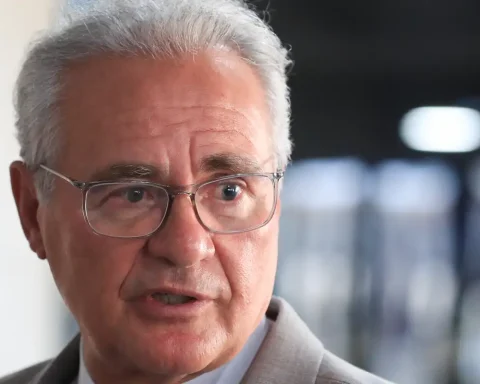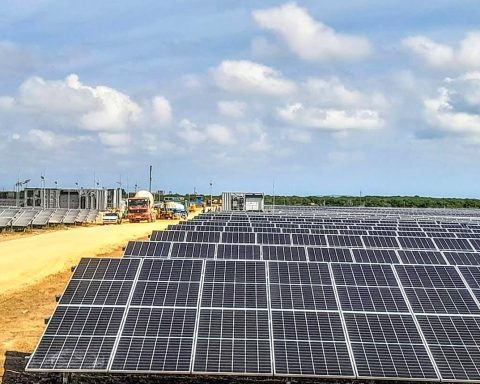Mónica Ramírez, president and founder of the organization Justice for Migrant Women, recalled that in 2017 Trump said that his government was going to carry out raids and that he would deport thousands of migrants regardless of the separation of families… and he did everything.
“So, we are making preparations for a new Trump administration, we believe that his political ideas are going to be more radical and more against migrant communities,” he says.
“They are talking about the deportation of thousands of people and they are saying that they are going to start with raids on jobs, I think it will happen, that it will be worse than the first time”
Mónica Ramírez, president and founder of Justice for Migrant Women.
As a candidate and as president-elect, Trump has been clear about his vision of migration: he seeks mass deportation, which he assures is not a question of “price,” but of security.
Of the 47.8 million people who live in the United States and were not born in that country, 11 million are of Mexican origin.
In the United States, pro-immigrant organizations are preparing to defend hundreds of Mexicans through legal means.
“There is fear, there is anxiety, there is reason for it, for their families. The work we have is for all the people who are saying that they are afraid, that they have anxiety, we have to tell them that there are organizations that want to support and do everything possible to defend them,” says Mónica Ramírez.
The administration that Trump will lead starting January 20 has among its first steps to sign executive orders to begin the mass deportation plan, which has the goal of one million expulsions a year, but it will not be economical or easy.
“As much as he wants to get many people out, it will cost him a lot of work because many are going to defend themselves legally, hundreds of thousands are going to defend themselves legally because they already have ties to family members, children, fathers, mothers who are in the United States and who They are regular. Therefore there will be a massive legal battle,” says Javier Urbano, professor and researcher in the Department of International Studies at Ibero.
From Mexico, President Claudia Sheinbaum instructed the Secretary of Foreign Affairs, Juan Ramón de la Fuente, to lead a tour with the consuls in the United States and part of the cabinet to hold meetings with border governors and outline the plan for receiving the Mexicans who are returned.
But these measures do not give certainty or calm to Mexicans living in the United States who survived the first Trump era.
“The president sent a message that not to worry, that everything is going to be fine, but it is not like that… there is a debt with the Mexicans in the United States, former president López Obrador during the campaign said that he would turn the consulates into real defenses, but he never did,” says Artemio Arreola, political director of the Illinois Coalition for the Rights of Immigrants and Refugees in the United States.
Trump has several tools to carry out his threat. In this second stage as president, he arrives with more strength and fewer counterweights, and will be accompanied by an anti-immigrant line team, including Marco Rubio, nominated to be Secretary of State; Kristi Noem, as Secretary of Homeland Security; Mike Waltz, as National Security Advisor; Tom Homan, the next “border czar”, and recently added the nomination of Ronald Johnson as United States ambassador to Mexico.
(Photo: Special)
